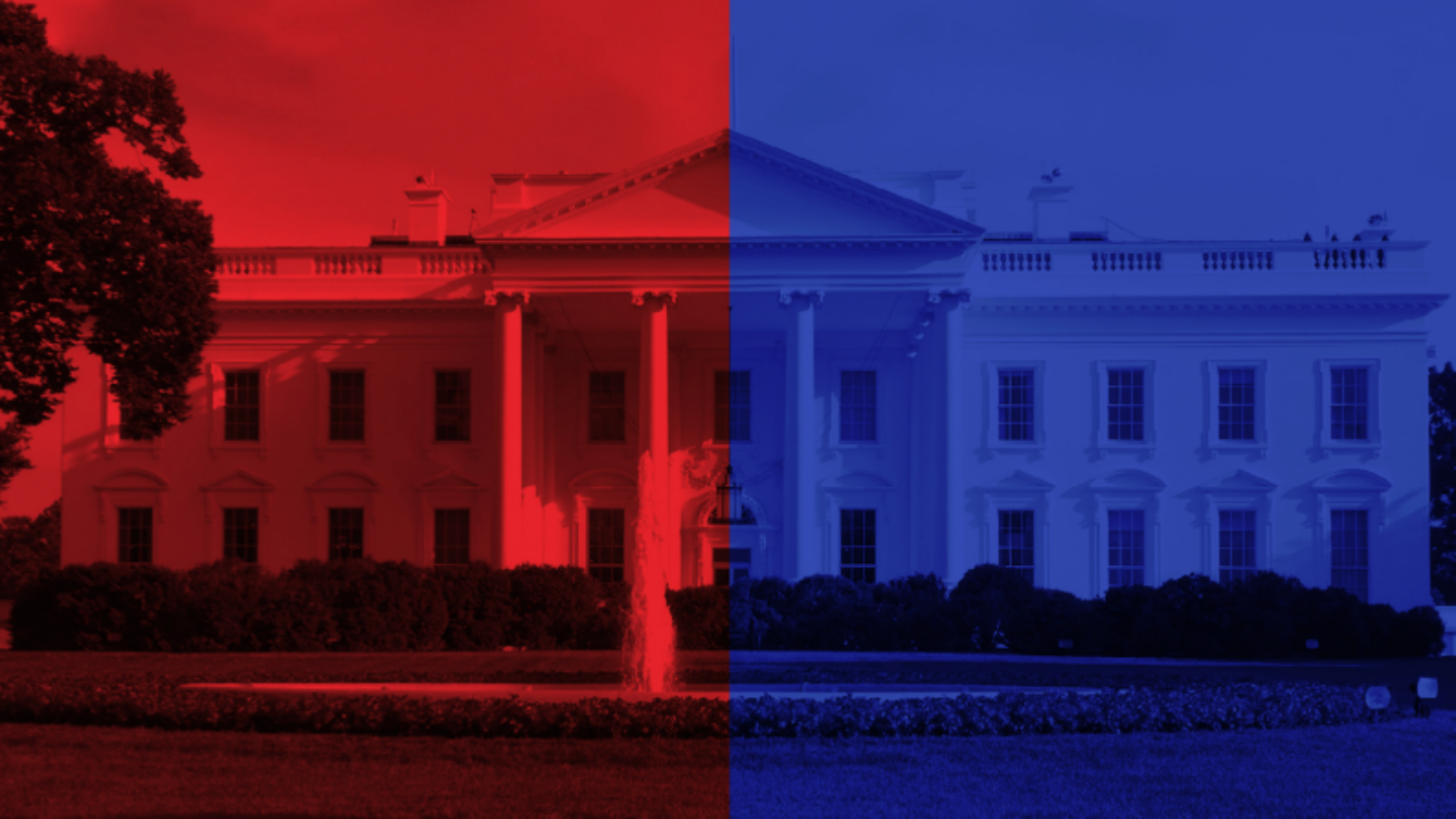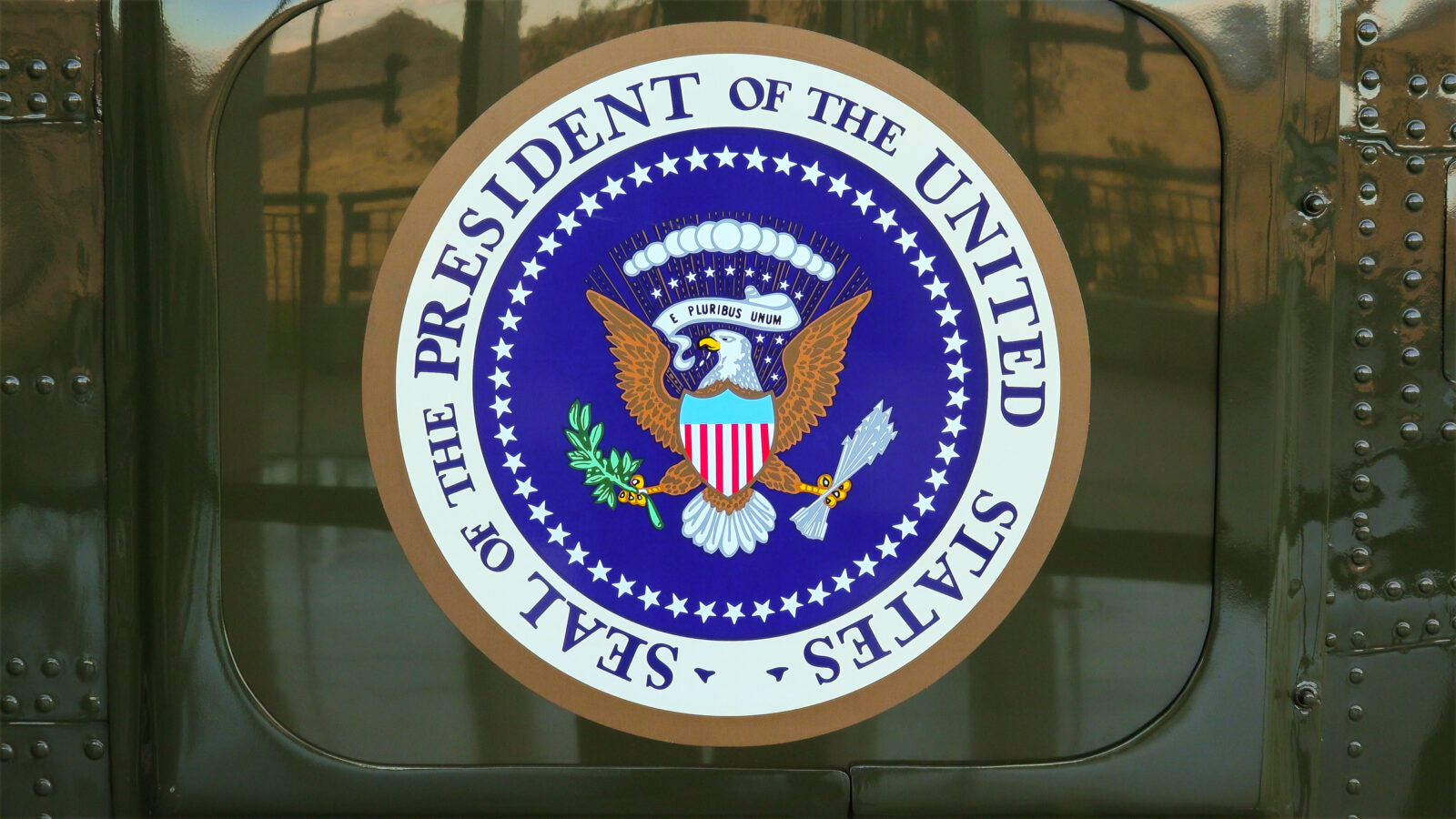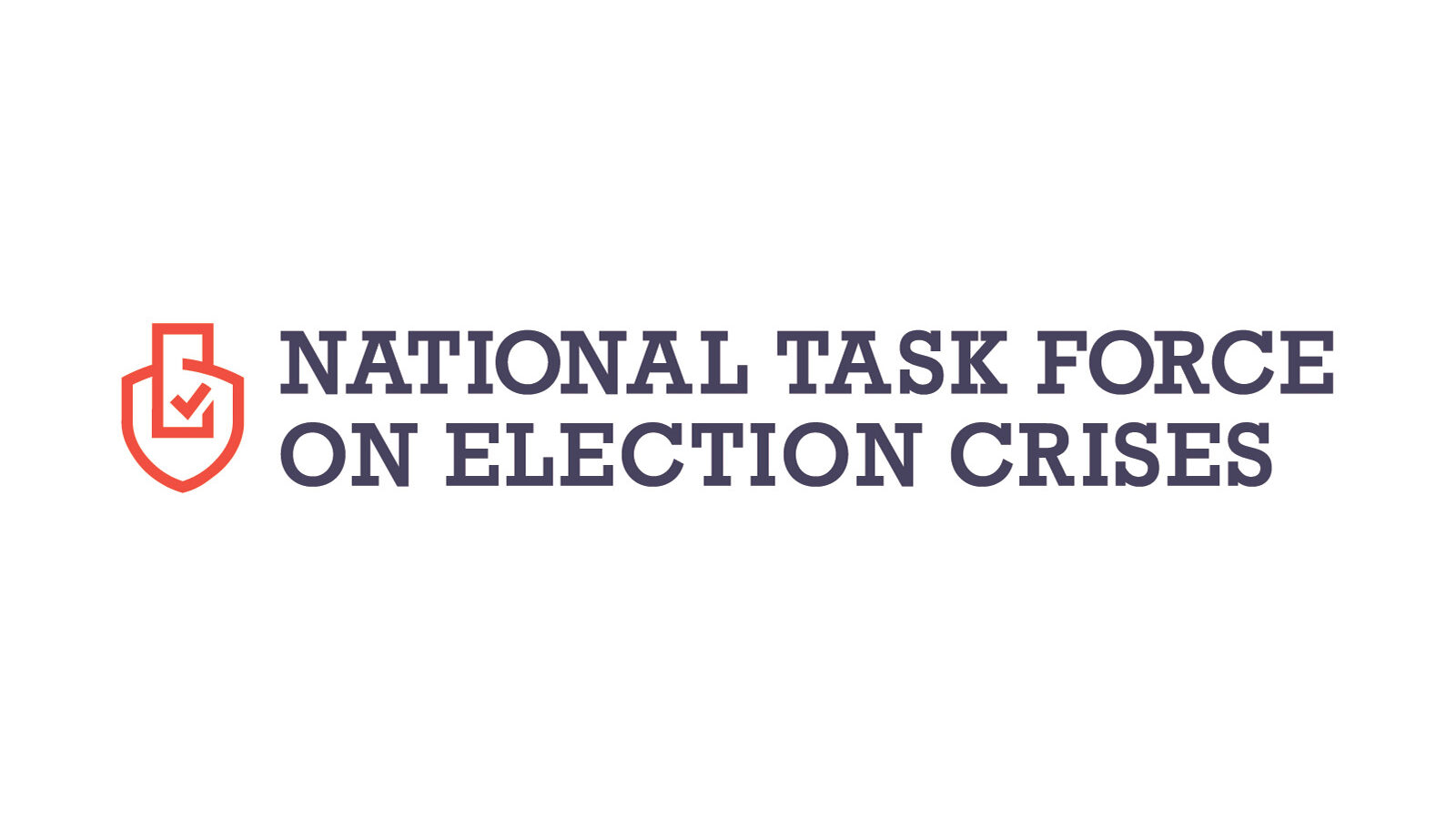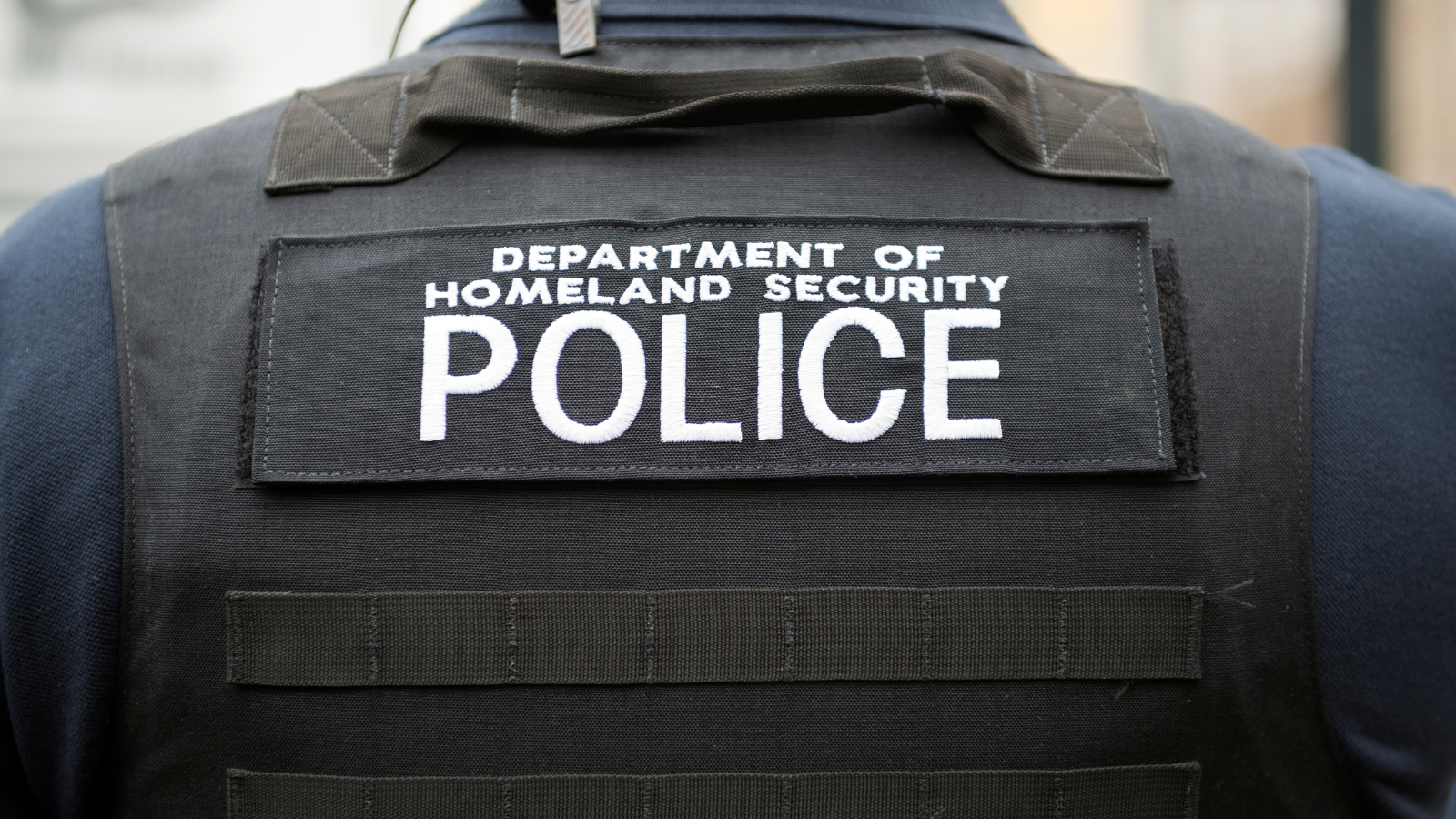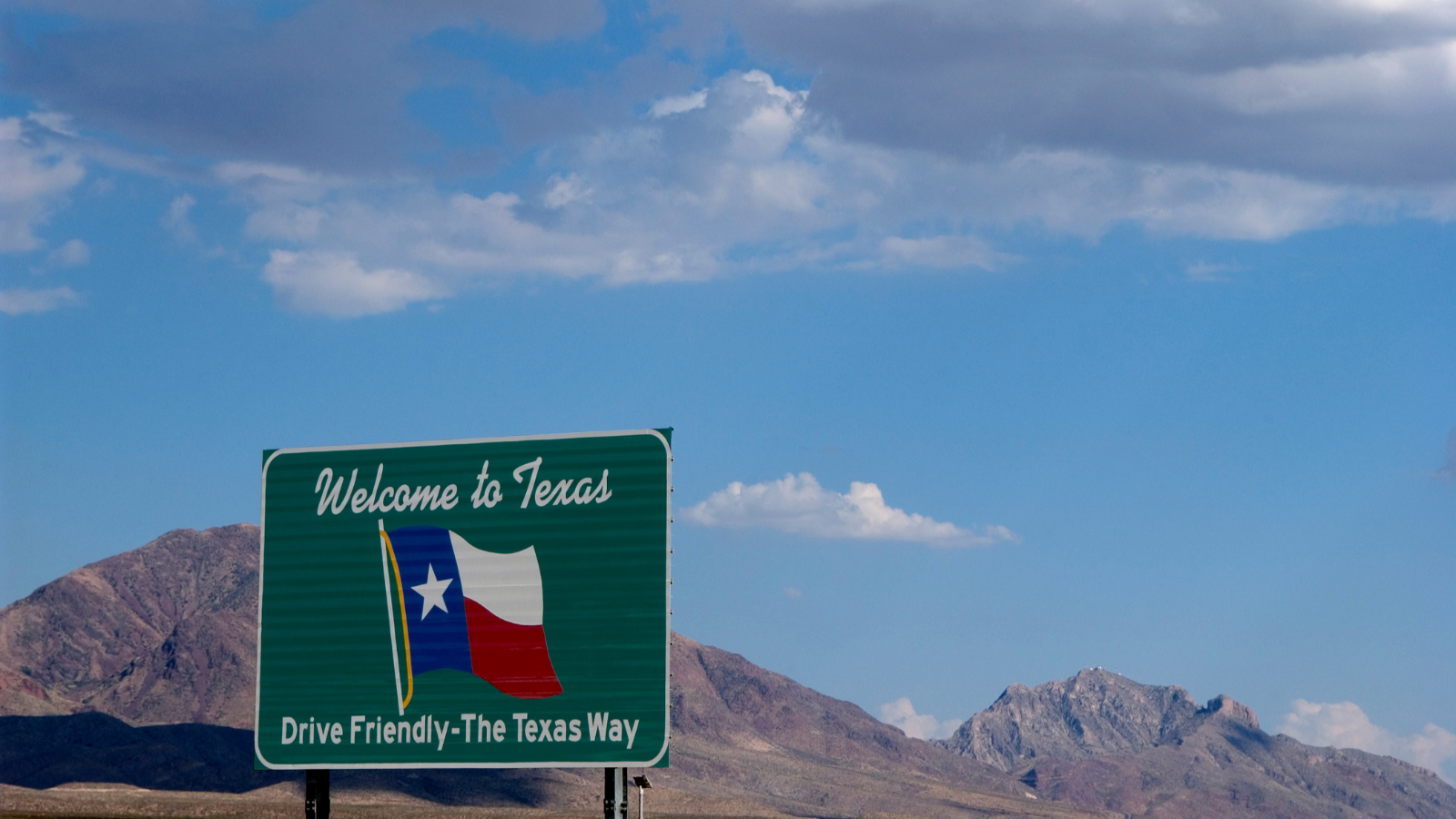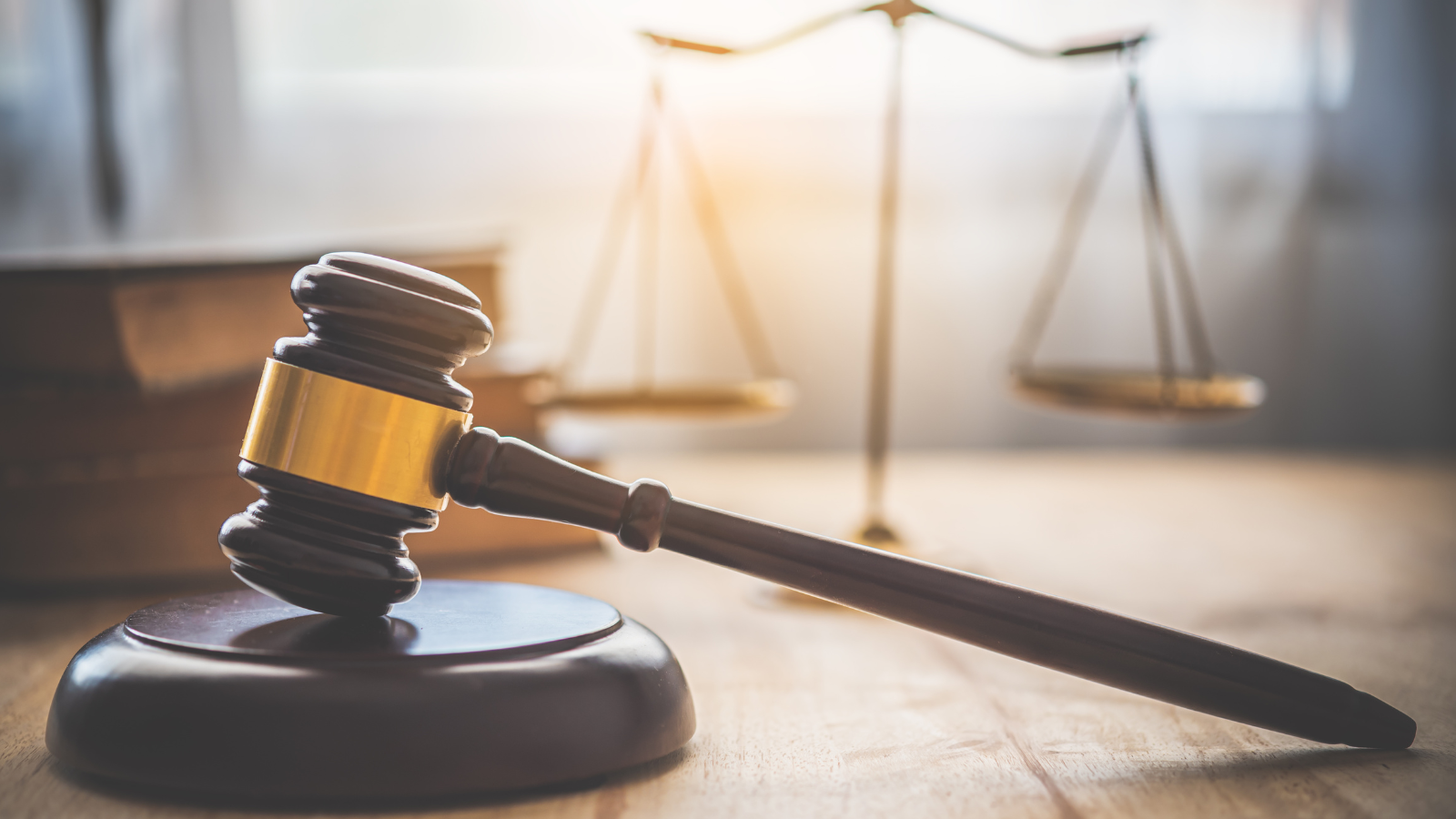Authoritarian Threat Index
We’ve partnered with the independent experts at Authoritarian Warning Survey to evaluate the current level of threat to American democracy.
The score from 1 (healthy democracy) to 5 (total dictatorship) compiles ratings from democracy experts across the country and political spectrum on six key metrics that are related to our priority work areas.
Threat Scores
-
-
Strong democracies have a strong, independent press who alerts the public when those in power are abusing their positions. Autocratic movements and regimes tend to weaken not only freedom of speech and the press, but the influence of any public voices—often media or civil society—that could serve as vocal counterpoints to the autocratic faction. Read more.
-
-
-
Authoritarian projects cannot succeed without the cooperation or acquiescence of legislatures, courts, and other institutions designed to provide checks and balances. In some cases, authoritarians explicitly rewrite the rules to strengthen executive power and weaken legislatures, while in others they simply stack these competing institutions with lackeys and compliant allies. Read more.
-
-
-
The biggest innovation of 21st-century authoritarians has been to maintain the facade of democratic elections while at the same time tilting the rules against their opponents. They do this by suppressing votes and biasing, distorting, falsifying, or even overturning the results — either through capturing the referees or by manipulating the electoral rules in their favor. Read more.
-
-
-
Democracy in diverse societies depends on protecting the rights of minorities. This includes political minorities who have lost at the ballot box and groups who identify as different from traditionally dominant majoritarian groups along the lines of race, ethnicity, religion, sexual orientation, or gender identity. Read more.
-
-
-
While healthy democratic actors always eschew civil violence, autocrats either deliberately look the other way or even intentionally inflame politically useful violence. Read more.
-
-
-
All politicians engage in spin, and many outright lie (at least occasionally). But authoritarians propagate and amplify falsehoods with abandon and ruthless efficiency. Often, this disinformation is spread through coordinated networks, channels, and ecosystems, including politically aligned or state-owned media. Read more.
-
-
-
Strong democracies have a strong, independent press who alerts the public when those in power are abusing their positions. Autocratic movements and regimes tend to weaken not only freedom of speech and the press, but the influence of any public voices—often media or civil society—that could serve as vocal counterpoints to the autocratic faction. Read more.
-
-
-
Authoritarian projects cannot succeed without the cooperation or acquiescence of legislatures, courts, and other institutions designed to provide checks and balances. In some cases, authoritarians explicitly rewrite the rules to strengthen executive power and weaken legislatures, while in others they simply stack these competing institutions with lackeys and compliant allies. Read more.
-
-
-
The biggest innovation of 21st-century authoritarians has been to maintain the facade of democratic elections while at the same time tilting the rules against their opponents. They do this by suppressing votes and biasing, distorting, falsifying, or even overturning the results — either through capturing the referees or by manipulating the electoral rules in their favor. Read more.
-
-
-
Democracy in diverse societies depends on protecting the rights of minorities. This includes political minorities who have lost at the ballot box and groups who identify as different from traditionally dominant majoritarian groups along the lines of race, ethnicity, religion, sexual orientation, or gender identity. Read more.
-
-
-
While healthy democratic actors always eschew civil violence, autocrats either deliberately look the other way or even intentionally inflame politically useful violence. Read more.
-
-
-
All politicians engage in spin, and many outright lie (at least occasionally). But authoritarians propagate and amplify falsehoods with abandon and ruthless efficiency. Often, this disinformation is spread through coordinated networks, channels, and ecosystems, including politically aligned or state-owned media. Read more.
-
Experts predict a 19.2% four-year likelihood of democratic breakdown in the United States.
What the scores mean
-
1 • Low Threat
Within range of a normally functioning consolidated democracy
-
2 • Significant Threat
Moderate violations atypical of a consolidated democracy, but that don't yet threaten breakdown
-
3 • Severe Threat
Violations that signal significant erosion of democracy quality and warn of high potential for breakdown in future
-
4 • Critical Threat
Critical violations that seriously threaten near-term survival
-
5 • Catastrophic Threat
Violations severe enough to make system non-democratic
Timeline of U.S. Scores
Our democracy is in danger. But the threat is not consistent over time. Tracking the changing nature of the threat can help calibrate and shape a response to authoritarianism.
- Overall Score
- Key Moments
Loading data...
How we are improving the U.S. Scores
Help Protect Democracy
It can happen here. We can stop it.

Calculating the scores
This index surveys a randomly selected sub-sample of the respondent pool (~1,000 scholars) each weekday. Every day, we calculate a rolling average of these responses. This is a live measure of democracy scholars’ views on threats to American democracy. The index weights responses by time and also continually analyzes the data for discrete breaks in threat levels that may indicate major events.
About the index
Authoritarian Warning Survey has polled democracy experts on threats to democracy from American political leaders since 2017. Respondents are academic scholars who study democratic decline, political institutions, American politics, or countries that have recently experienced democratic erosion.
